Highlights
- SBS Russian's new podcast series, Escaping Putin's Russia, follows the wave of immigration from Russia following the country’s war on Ukraine
- From January to March 2022, more than 38,000 people left Russia for Georgia, according to Russian statistical agency EMISS
- More than half of those who left are people under 35 years old
SBS Russian has launched a new podcast series, POUYEHALI or Escaping Putin's Russia, about the ongoing wave of immigration from Russia. Each episode delves into one country of destination, the first being Georgia.
The commencement of hostilities in Ukraine on February 24, 2022, signalled a tipping point for a large cohort of Russians who in turn opted to leave the country.
They packed their lives into suitcases, hugged their friends and family members, and set off toward a new life away from the hardline regime of Russian leader Vladimir Putin.
Among those who left the country were Nika Chervova and her husband who picked Georgia as their destination, as they had two cats, and the country can be reached by car.
Ms Chervova is a web developer from St Petersburg who used to work for the Russian IT giant Yandex, but quit because she didn’t like the idea of paying for the Ukrainian invasion with her taxes.
Georgia can be entered from Russia without a visa and most of the people speak either Russian or English.
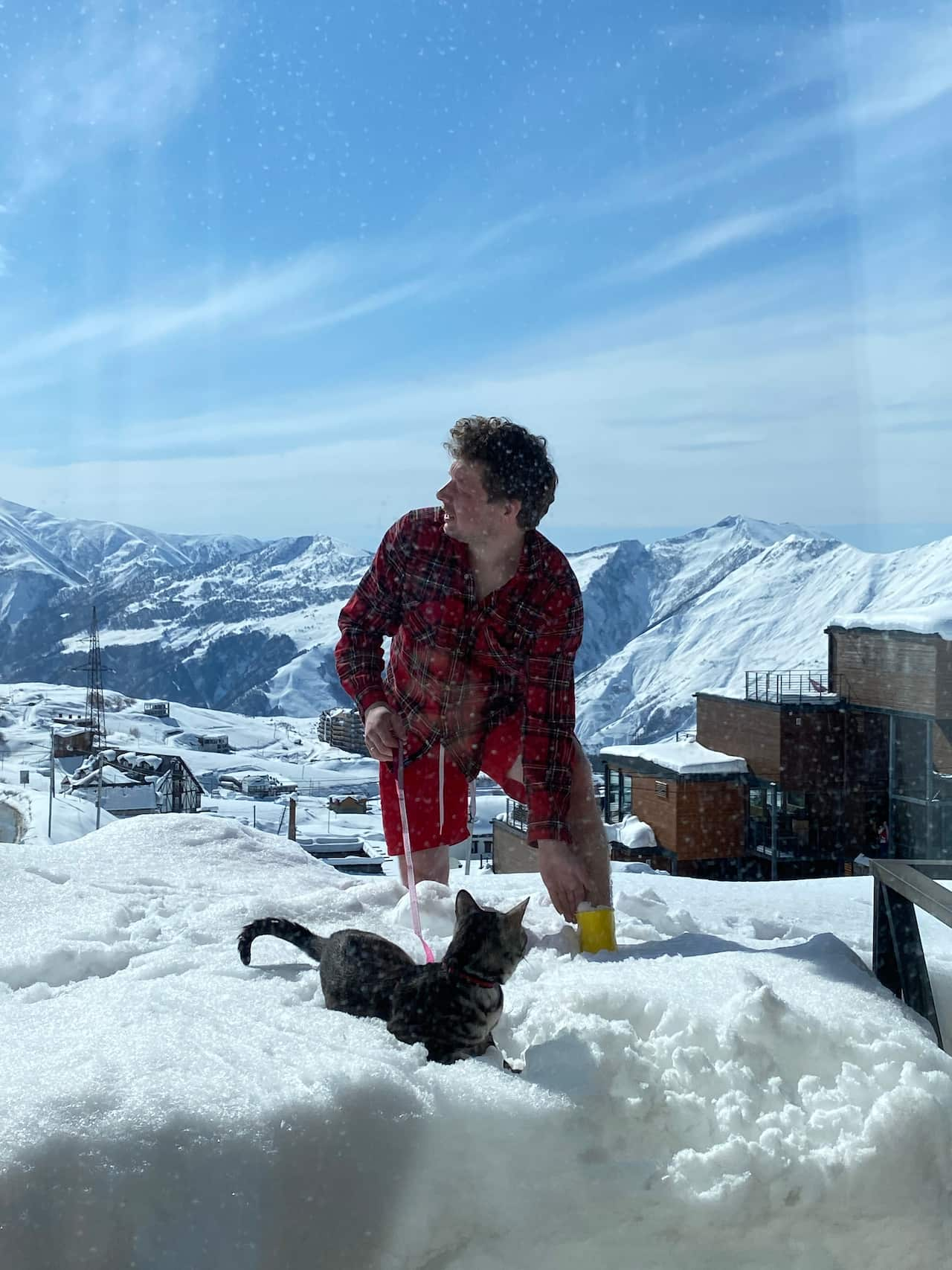
“In addition, Russian citizens can stay in Georgia for 360 days without a visa. We live in a regional area 30 minutes' drive from Batumi,” Ms Chervova tells SBS Russian.
Georgia is known for being one of the first countries in the world to adopt Christianity, establish a wine-producing tradition and legalise cannabis. It’s located in the Caucasus between Russia, Turkey and Armenia and is 109 times smaller than Australia.
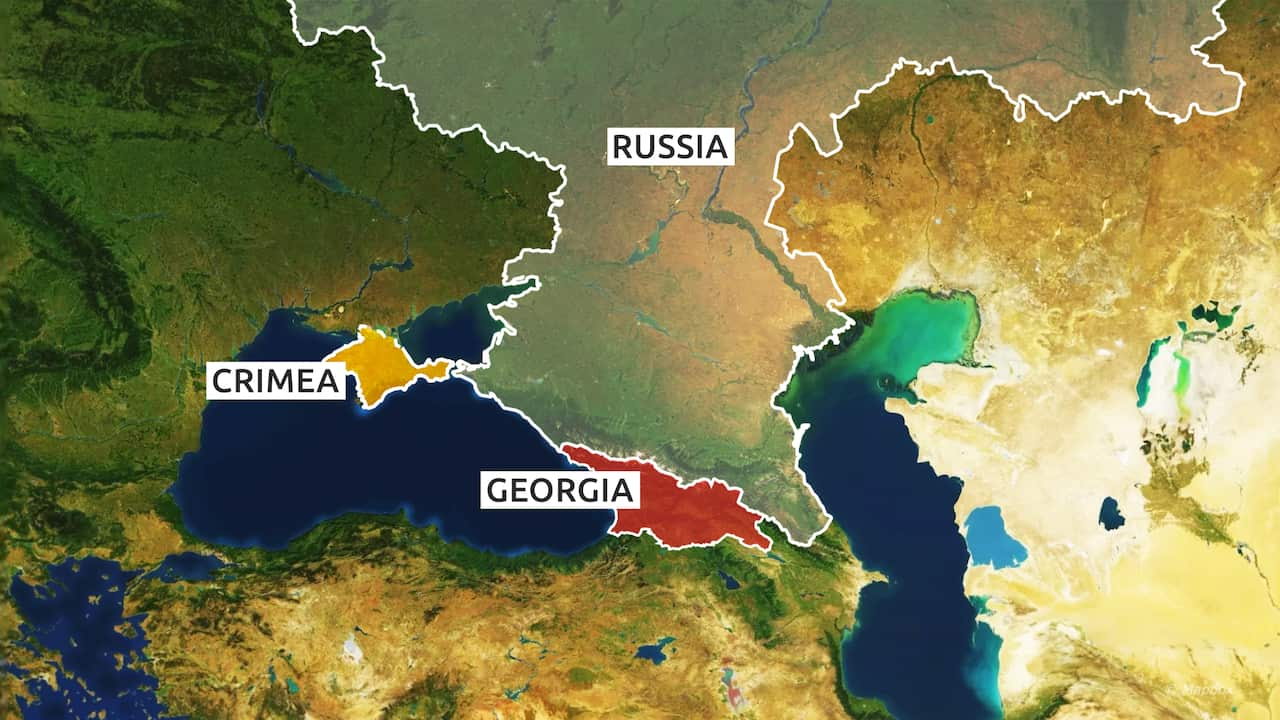
Having made the move, Ms Chervova doesn’t think she will come back to Russia, at least not until the war is over and the authorities have changed.
“I don’t think I have enough time to build 'the beautiful Russia of the future'," she says, referencing a phrase often used by Russian opposition leader Alexey Navalny who is currently in prison.
"I’d prefer to donate money for this.”
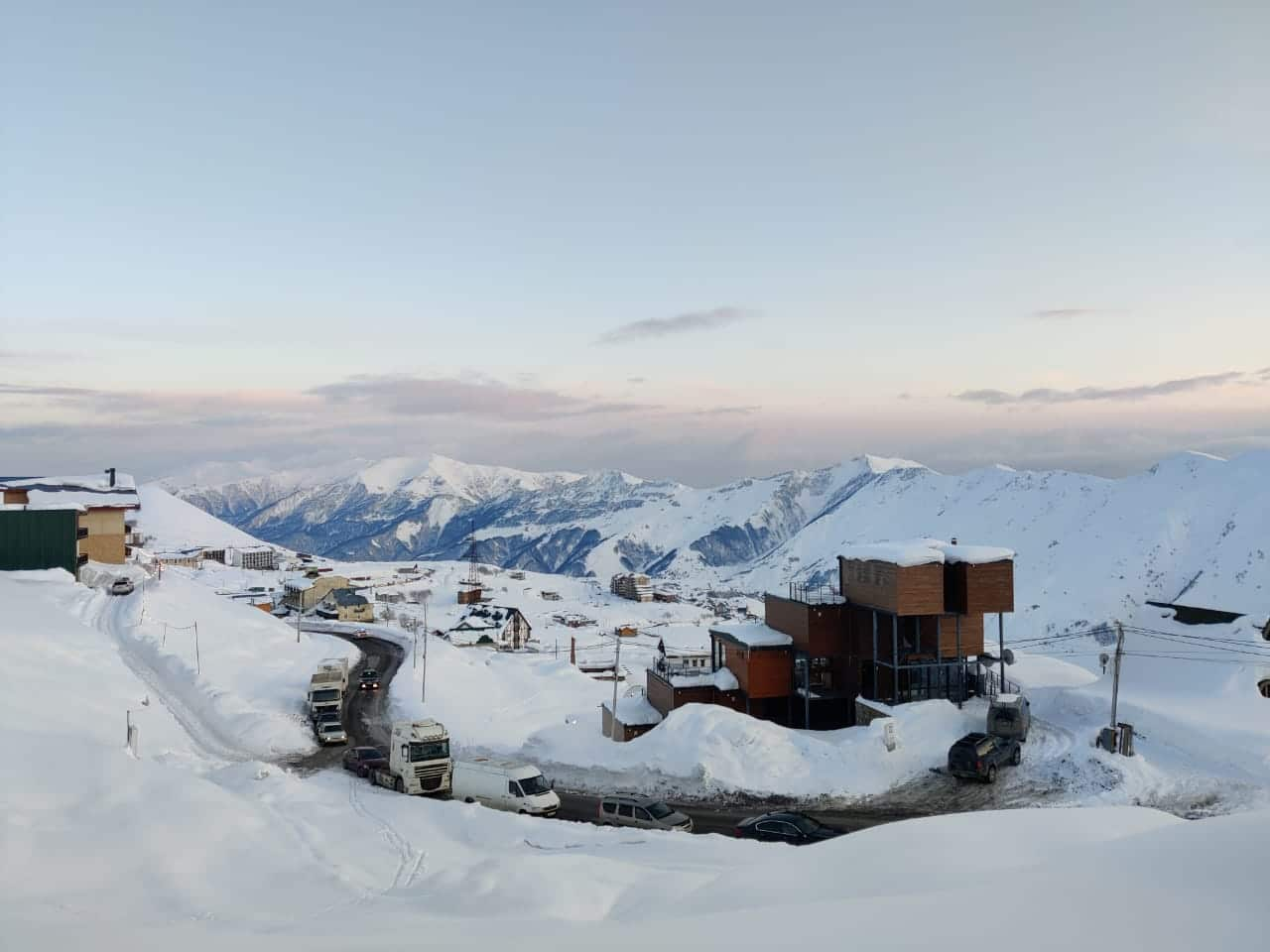
According to the Russian statistical agency EMISS, from January to March 2022, more than 38,000 people left Russia for Georgia.
On March 17, Georgian Minister of Home Affairs Vakhtang Gomelauri said the number of Russian citizens in the country had increased 14-fold.
English language teacher Volodya Boyarkin and his boyfriend travelled to Tbilisi, Georgia's capital city, for a holiday just as the invasion began, but decided to stay longer.
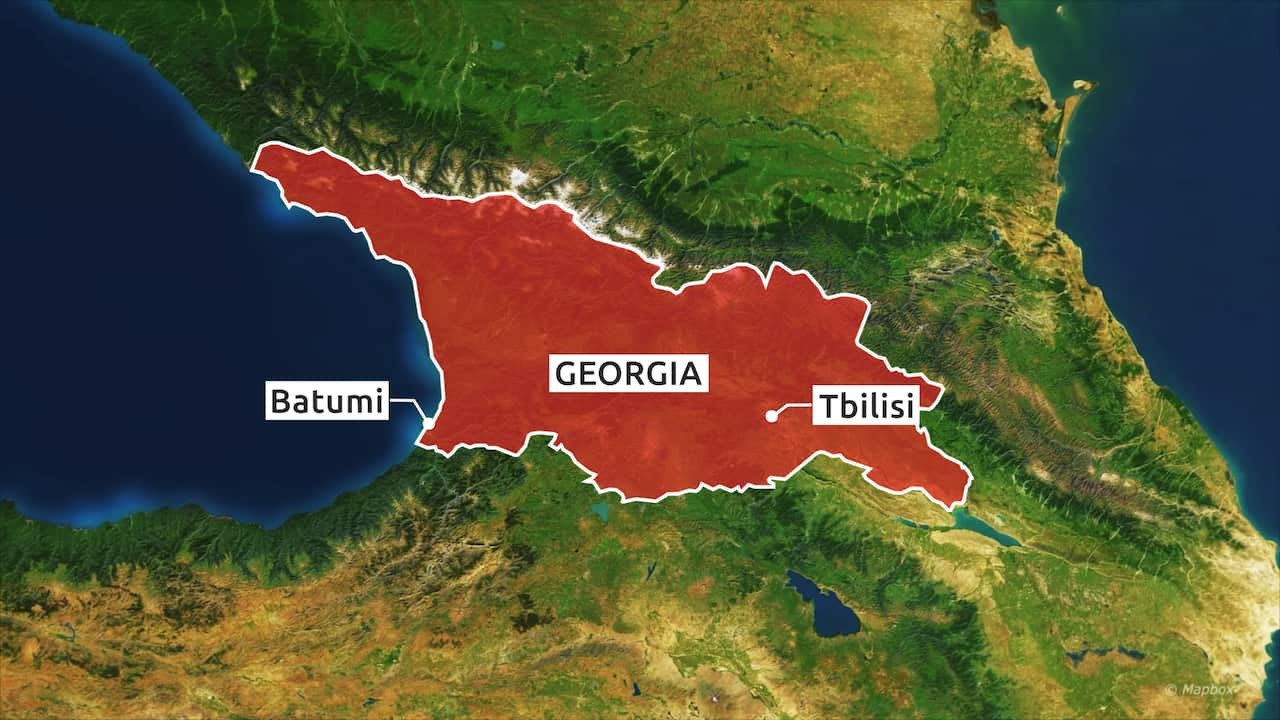
“I feel like I've been torn away from my homeland," he shares.
"One of the main reasons I left was because I saw on social media the jubilation [about the war] from people I know.”
These phrases like 'now we will show them', 'Russia will be considered', these letters Z everywhere... As long as this exists, I don’t want to come back.
Mr Boyarkin explains that he has started learning the Georgian language, including the word "gamarjoba", or hello, out of respect for the "open-hearted" locals.
“We rented an apartment in an old house. Most of our neighbours are elderly women.
"I bought a pot of hydrangeas for each of them. At first, of course, they looked at us with disbelief, but after that, they began to shower us with gifts. They brought us jam, homemade food…”
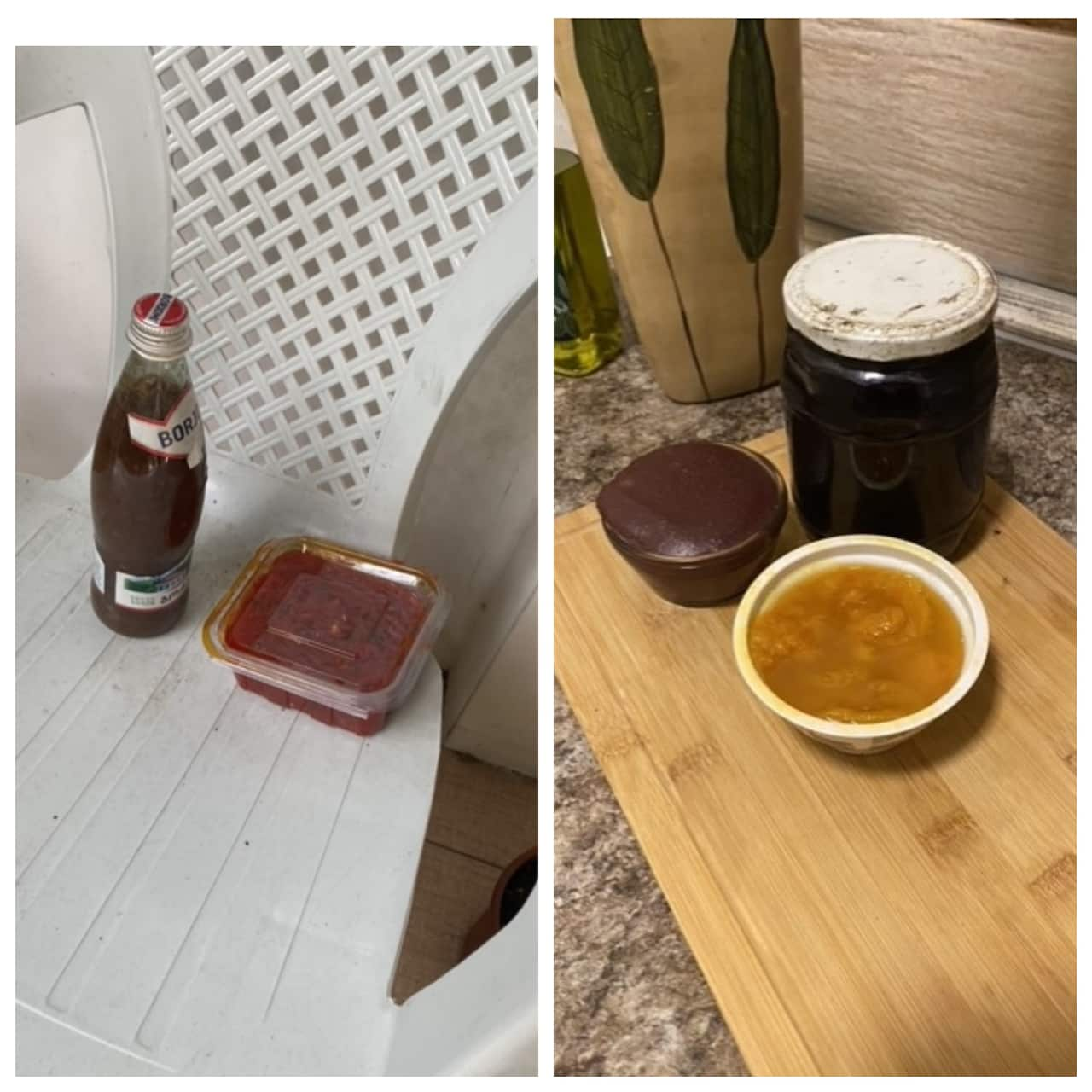
Who are the Russian migrants?
According to a survey carried out by the non-commercial organisation OK Russians, about a third of the Russians who have fled their country recently are IT specialists, another third are managers, and the last third are mainly office workers and creatives, among them lawyers, psychologists, designers, bloggers, NGO employees, journalists and consultants.
More than half of those who left are people under 35 years old.
Many Russians who have migrated to former Soviet countries, Europe and Asia tell SBS Russian they participated in rallies and protests against the government 10 years ago when there was a feeling that a groundswell of action could bring about change.
But they say that never eventuated.
They say, currently, Russians can go to prison for calling the country's invasion of Ukraine “the war” instead of a “special military operation”.
In a bid to avoid long jail sentences, people have taken to the streets with blank sheets of paper and quotes from the Bible.
However, according to independent Russian media outlet Vazhnye Istorii, people are being arrested for standing quietly with posters saying “Thou shalt not kill”, while another independent news site, Holod, reports of people being charged with discrediting the Russian army by giving George Orwell’s “1984” to passers-by.
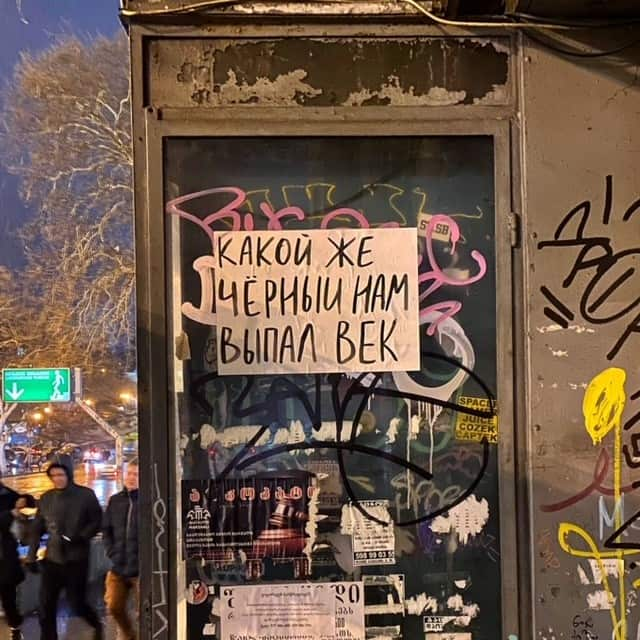
Official polls generally show the majority of Russians support the war, or what President Putin has called the “denazification of Ukraine”, while images showing schoolchildren lined up in the Z-shape pro-war symbol have circulated online.
Another reason to leave is the lack of jobs, especially after many international companies left Russia. On May 13, Russian Vice President Tatyana Golikova announced that the level of officially registered unemployed in Russia had increased since the beginning of March.
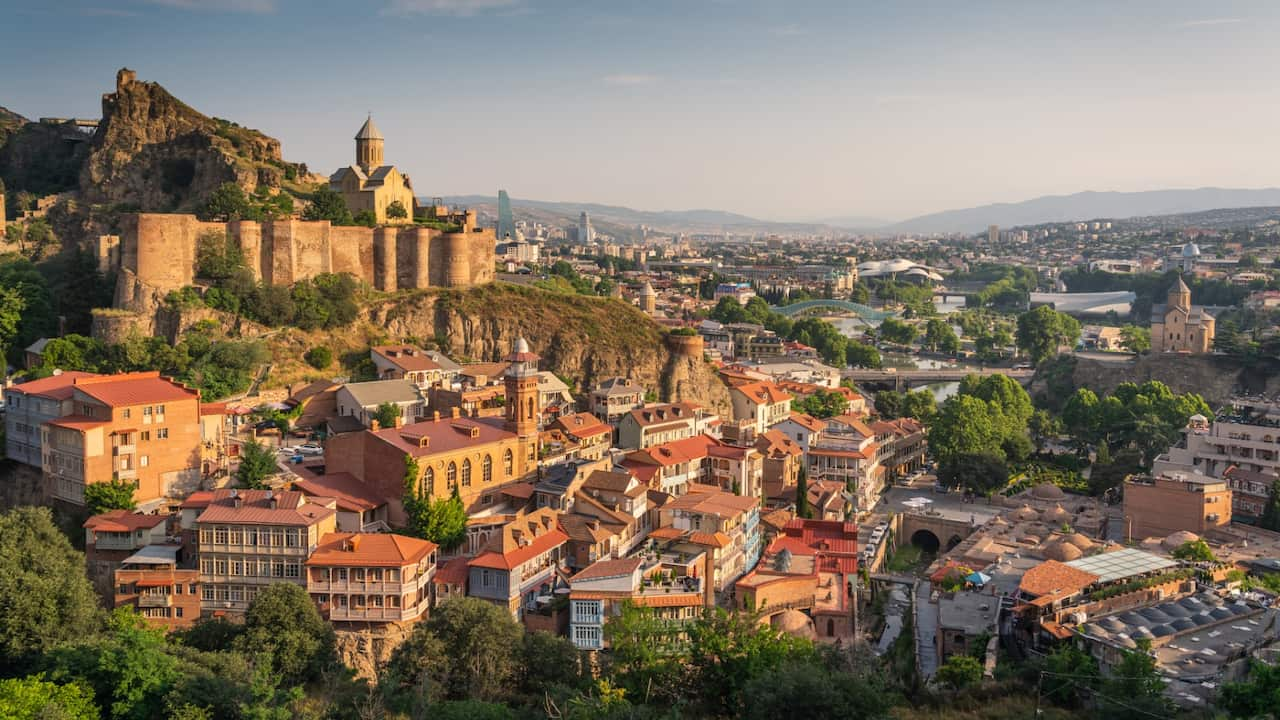
Nino Shonia, a methodological content producer from Moscow, tells SBS Russian how she advertised a position before moving to Tbilisi.
“I advertised a position on Sunday evening and got more than 280 applications by Monday morning. Usually I would have got only 15," Ms Shonia says.
You don’t understand what to do, what future you have. You just receive one call after another about projects being closed and cancelled.
What's the state of Russia-Georgia relations?
Russia and Georgia have a long and complicated relationship. Georgia was a part of the Russian Empire for almost 12 decades - from 1801 to 1917 - and then a constituent republic of the Soviet Union for 69 years.
The USSR’s ruthless dictator Joseph Stalin was Georgian.
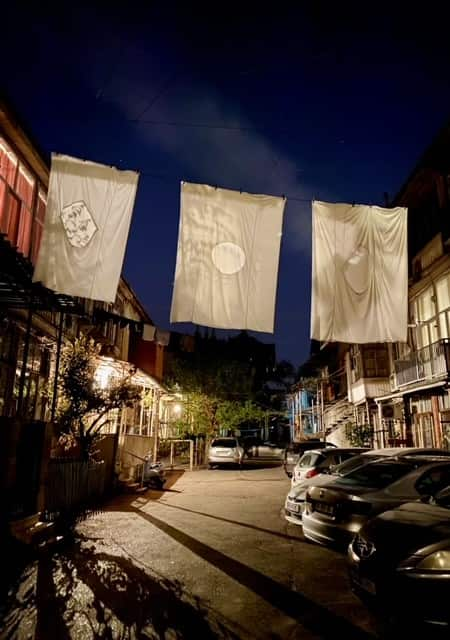
After the Roze Revolution in 2003 Georgia turned towards democratic values, the European Union and NATO.
Tensions between the two countries grew rapidly and reached a peak in August 2008 with the 12-day Russo-Georgian war, after which Russia recognised the independence of two regions of Georgia - just as earlier this year the state recognised the Donetsk and Luhansk regions of Ukraine.
In 2010, seven years after the bloodless Roze Revolution, Transparency International named Georgia "the best corruption-buster in the world".
Despite this complex history, Russians are warmly welcomed in Georgia.
Of course, there is huge support for the people of Ukraine in Georgia. But, then, the majority of the new Russian migrants empathise with the Ukrainians too.
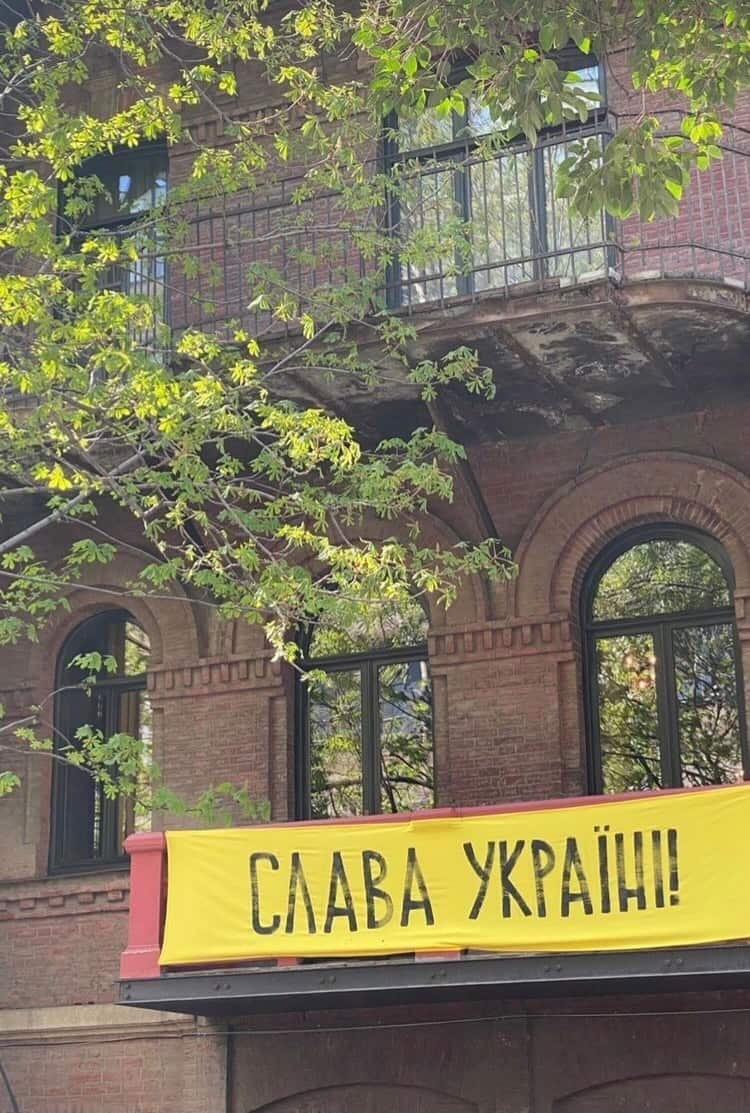
Ms Shonia, who lives near the Russian and Ukrainian embassies in Tbilisi, sees rallies in support of Ukraine every day.
“Once, in the parking lot of a shopping centre, the Russian flag on the license plates of our car was covered with a sticker with the Ukrainian flag,” Ms Shonia says.
Mr Boyarkin adds that he has seen some stickers with the message “Russian occupants” or graffiti declaring “Russians go home” in Tbilisi. Once he has heard the word "fascists" used in relation to Russian speakers.
But he calls this “just a splash of aggression in young people”, because in reality he has “never experienced active aggression”.
New episodes of the podcast series “POUYEHALI” (Escaping Putin's Russia) by SBS Russian are published every Tuesday.
